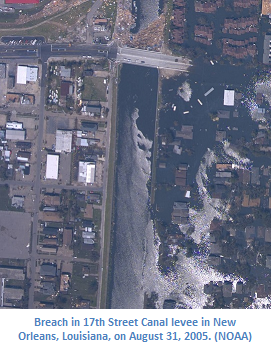
As regular readers of this blog know, I am currently attending COP22 – the 22nd Conference of the Parties (COP) to the United Nations Framework Convention on Climate Change (UNFCCC) – in Marrakech. Joining me are thousands of government officials and third-party observers, mostly from the United Nations, other international organizations, and non-governmental bodies, who have converged on the city for two weeks of talks. Much of the focus is on implementing the Paris Agreement, the landmark climate deal reached last year at COP21. The Paris Agreement entered into force last Friday November 4, surprising many, who feared that it would take as long as the Kyoto Protocol. Whereas the Kyoto Protocol took seven years to enter into force, the Paris Agreement took just eleven months.
During the first plenary session of COP22 on Monday, UNFCCC Executive Secretary, Ms. Patricia Espinosa, declared that “[e]arly entry into force of the Paris Agreement is a clear cause for celebration.” It is also, she noted, “a timely reminder of the high expectations that are now placed upon us.” The first meeting of the parties to the Paris Agreement (CMA1) – made up of the European Union (EU) and the 102 individual countries that have ratified it – is being held in conjunction with COP22. This historic event has generated much excitement, with many hoping that the parties will make key decisions, necessary to implement the Paris Agreement. This is unlikely, however.
Before the Paris Agreement can be implemented, the parties must decide on various matters, including guidelines with respect to:
- the development of nationally determined contributions (i.e., country-level climate action plans) under Article 4(2);
- the transparency framework (i.e., governing reporting on climate action) required under Article 13;
- the global stocktake of implementation (i.e., assessing collective progress under the Agreement) required under Article 14; and
- the compliance mechanism (i.e., to support implementation of the Agreement) required under Article 15.
These issues are to be assessed by an Ad Hoc Working Group on the Paris Agreement (APA). The APA was established last year and directed to provide a draft decision to CMA1. It was thought that the APA would have at least two years, and perhaps longer, to prepare its draft decision before the Paris Agreement entered into force and CMA1 was convened. Things did not turn out that way, however.
To give the APA more time, the parties have agreed to suspend CMA1, until a future COP. In informal consultations held today, parties discussed the appropriate length of the suspension, but were unable to reach agreement. The so-called Umbrella Group, consisting of non-EU developed countries, proposed suspending CMA1 until 2018. This proposal was opposed by many developing countries, which emphasized the need for urgent action to advance the Paris Agreement, and thus advocated suspending CMA1 for one year only.
In today’s informal consultation, the Group of Least Developed Countries (LDC Group) and Alliance of Small Island States (AOSIS) called for CMA1 to be reconvened next year, during COP23. While acknowledging that the APA may be unable to complete all of its work by COP23, the LDC Group and AOSIS argued that some issues can likely be resolved and should be decided on in 2017. Support for this view was expressed by representatives of the Marshall Islands, Grenada, and Tuvalu. The Philippines and some other countries, however, expressed concern that they may be unable to ratify the Paris Agreement by 2017 and therefore excluded from decision-making if the proposal is adopted.
Seeking to balance these competing views, some have suggested that CMA1 be reconvened in 2017, but only for the purpose of reviewing the APA’s progress, with no decisions being made. This approach has been supported by the EU, but opposed by many other developed countries, who argue it would have little value, and divert effort from other activities. For their part, most developing countries are standing by their initial view that decisions should be taken in 2017. How this dispute will be resolved remains to be seen.
Romany Webb is a Research Scholar at Columbia Law School, Adjunct Associate Professor of Climate at Columbia Climate School, and Deputy Director of the Sabin Center for Climate Change Law.



